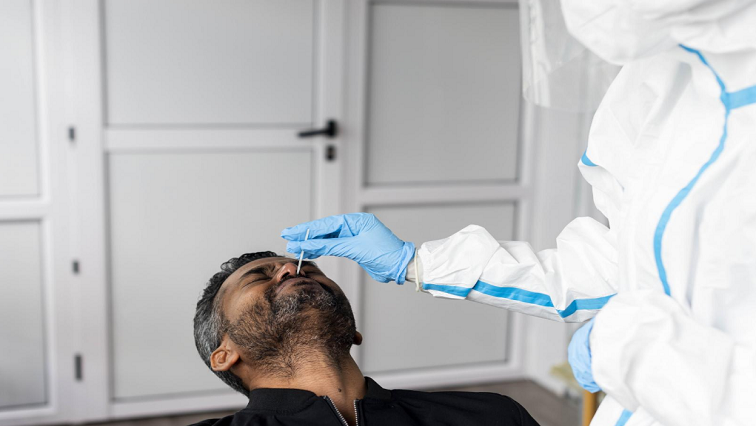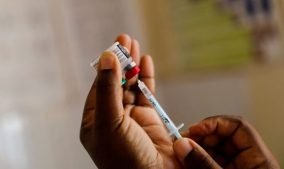The World Health Organisation (WHO) African Region says the low cases of COVID-19 in Africa are due to a variety of socio-ecological factors as well as early and strong public health measures taken by governments across the region.
The pandemic has largely been in a younger age group and has been more pronounced in a few countries, suggesting country-specific aspects are driving the pattern of disease and death.
About 91% of COVID-19 infections in sub-Saharan Africa are among people below 60 years, and over 80% of cases are asymptomatic.
In a statement the WHO African Region says a mix of socio-ecological factors such as low population density and mobility, hot and humid climate, lower age group, interacting to accentuate their individual effects, are likely contributing to the pattern seen in Africa.
Since 20 July, the region has seen a steady decline in new COVID-19 cases. Over the past four weeks, 77 147 new cases were reported, down from 131 647 recorded in the previous four weeks.
Some of the most affected countries including Algeria, Cameroon, Cote d’Ivoire, Ethiopia, Ghana, Kenya, Madagascar, Nigeria, Senegal and South Africa have all seen infections drop every week over the past two months. Deaths attributed to COVID-19 have also remained low in the region.
WHO Regional Director for Africa, Dr Matshidiso Moeti says, “The downward trend that we have seen in Africa over the past two months is undoubtedly a positive development and speaks to the robust and decisive public health measures taken by governments across the region. But we must not become complacent. Other regions of the world have experienced similar trends only to find that as social and public health measures are relaxed, cases start ramping up again.”
Below is the full statement:






